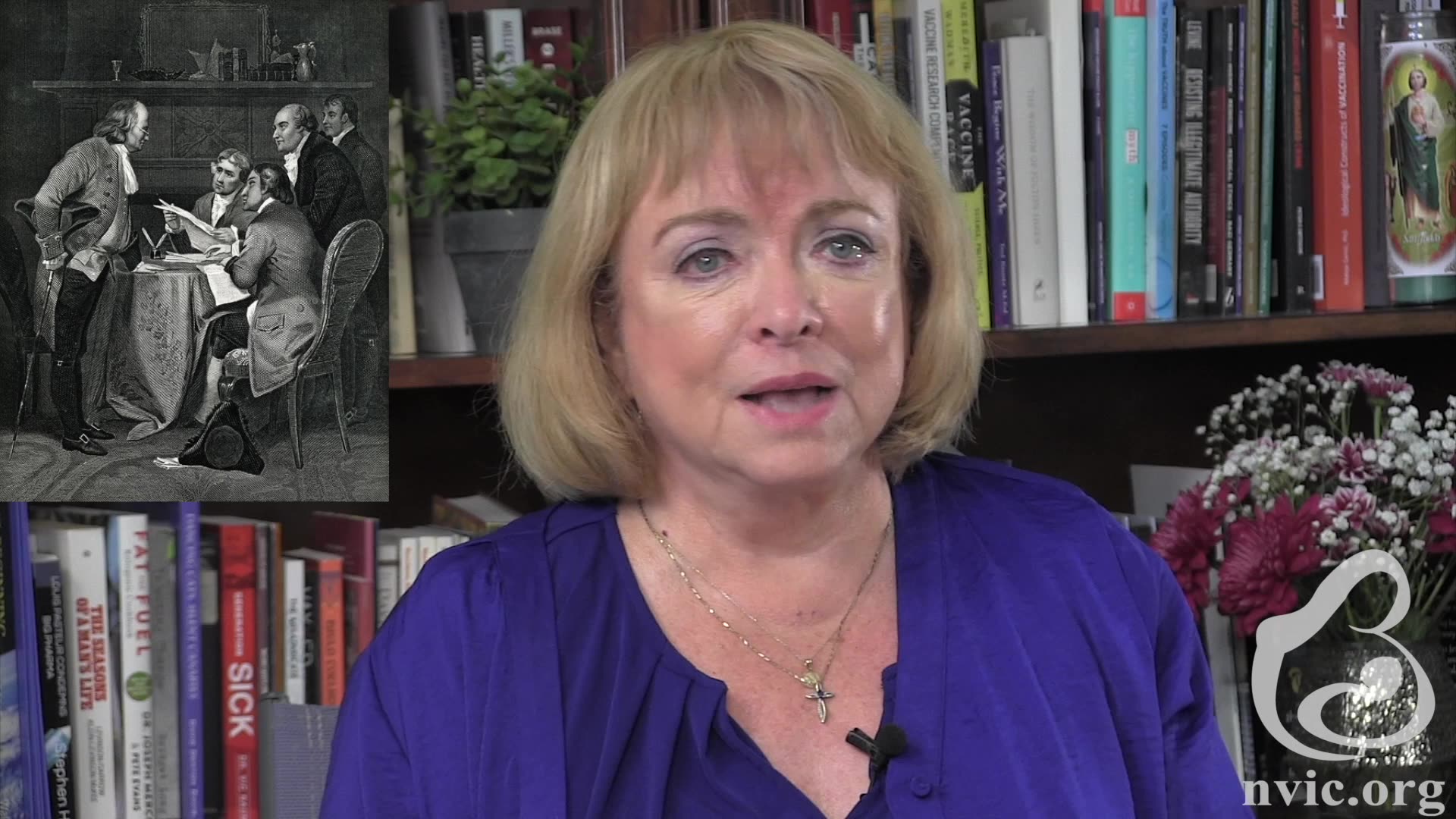Data from Cancer Research U.K. (CRUK) showed that, since the 1990s, the rates of pancreatic cancer have significantly risen by up to 200 percent in women under the age of 25. Oncologists said that they do not have an explanation for why there is a significant surge in the rates among young women, with no increases in men of the same age.1
Nicola Smith, senior health information manager at CRUK stated:
Pancreatic cancer cases in the U.K. are on the rise, and we have seen a small increase in the number of young women being diagnosed. More research is still needed to fully understand why this is happening.2
Data collected by CRUK shows that the incidence of pancreatic cancer rates in the U.K. have increased by 17 percent since the early 1990s. This translates to 17 per 100,000 individuals who will be diagnosed with pancreatic cancer every year. This rate is up from 14 per 100,000 individuals, who were diagnosed with pancreatic cancer annually 30 years ago.3
Pancreatic cancer incidence rates in young women under age 24 have increased by 208 percent over the same period of time. Dramatic increases in rates of the deadly cancer in women 25 to 49 years old also increased by 34 percent, which is almost double the rate of the general population of the U.K. Given that the base rates are very low, 1.5 young women out of every 100,000 in that age group will be diagnosed with pancreatic cancer each year.
Some Oncologists Blame Poor Diet for Rising Pancreatic Cancer Rates
Although further research is needed to determine the significant increase in pancreatic cancer rates, some oncologists believe that it may be due to the modern diet, which includes ultra processed foods. British oncologist Karol Sikora, MD, a leading world expert on cancer, said:
Researchers have no idea of the cause behind the frightening trend, especially in younger woman. It is probably something to do with dietary change over the last 20 years. Fortunately, pancreatic cancer is rare in the young but it is a bit worrying. It shows that we just don’t have all the answers.4
Dr. Sikora noted that the U.K. is not the only country experiencing increased incidence of pancreatic cancer. The United States is also experiencing similar trends.5
U.S. Also Seeing Dramatic Increases in Pancreatic Cancer in Younger Women
A nationwide study conducted by researchers at Cedar Sinai Cancer in Los Angeles, California published in Gastroenterology showed that that rates of pancreatic cancer are increasing in the U.S., especially more among younger women, (particularly Black women) than among men of the same age group.6 7
The study examined data on patients diagnosed with pancreatic cancer between 2001 and 2018 from the National Program of Cancer Registries (NCPR) database, which accounts for 64.5 percent of the population in the U.S. Researchers found that, although the rates of pancreatic cancer increased among both women and men, surprisingly the rates among women under the age of 55 was 2.4% higher than rates among men of the same age group. The data also showed that rate among young Black women rose 2.23 percent higher than among young Black men.8
Srinivas Gaddam, MD, associate director of Pancreatic Biliary Research at Cedars-Sinai and senior researcher of the study said:
We can tell that the rate of pancreatic cancer among women is rising rapidly, which calls attention to the need for further research in this area. And while we’re reporting improving survival in pancreatic cancer each year, that improvement is largely among men. The mortality rate among women is not improving.”
Dr. Gaddam added:
The data shows us a small increase in risk of pancreatic cancer. And that awareness might refocus people on the need to stop smoking, reduce alcohol use, eat a healthy diet, exercise regularly, and manage their weight. These lifestyle changes all help decrease the risk of pancreatic cancer.9
If you would like to receive an e-mail notice of the most recent articles published in The Vaccine Reaction each week, click here.
Click here to view References:2 Ibid.
3 Ibid.
4 Ibid.
5 Ibid.
6 Cedar Sinai. Study Confirms Pancreatic Cancer Rates Rising Faster in Women Than Men. Feb. 10, 2023.
7 Abboud Y. Increasing Pancreatic Cancer Incidence in Young Women in the United States: A Population-Based Time-Trend Analysis, 2001-2018. Gastroenterology 2023; 164(6): 978-989.
8 Ibid.
9 Cedar Sinai. Study Confirms Pancreatic Cancer Rates Rising Faster in Women Than Men. Feb. 10, 2023.













5 Responses
as soon as it is mentioned that a given disease has a higher incidence in browner skinned people, vitamin D gets on the list. Grassrootsheath lists this as the primary difference in many disease rates between browner skinned versus lighter skinned people. then Dr. Zaidi in The Power of Vitamin D wrote that vitamin D below 50ng/ml is very high frequency in presenting cancer patients. Dr. Roger Seheult points out that we spent less and less time outdoors so that our natural vit D level has been steadily declining as well as the ability of cells to properly maintain themselves by getting sufficient near infrared from the sun.
Maybe the reason for the increase in pancreatic cancer in younger women is due to drinking and eating “diet” foods.
Diet and Lifestyle; Lack of effective exercise, alcohol and narcotics, high stress, all produce a negative effect. The only two protocols I would follow for a cure, would either be The Budwig protocol or the Hoxsey formula. If you are not aware of these, you need to be!
The diet hypothesis doesn’t account for why this increase is a female problem, and the words “more research” ring hollow in medical academia; they’re a de facto requirement for any journal article. As long as our culture approaches food, medicine, and environmental contaminants with an attitude of “Shoot first, ask questions later,” we’re going to be seeing a lot of tragic but mysterious health effects.
I would ask… where do the cell phones of teen and young women found most of the day? The bra line…. Pancrease…